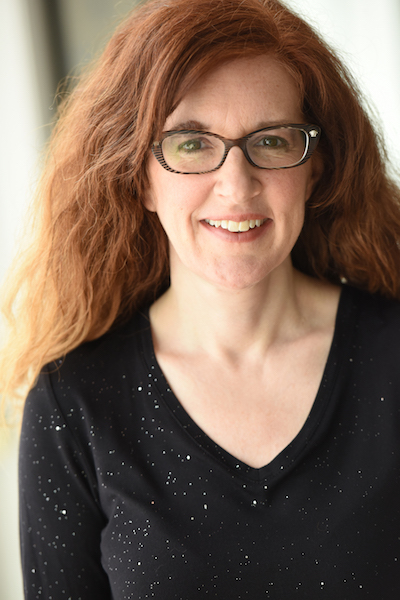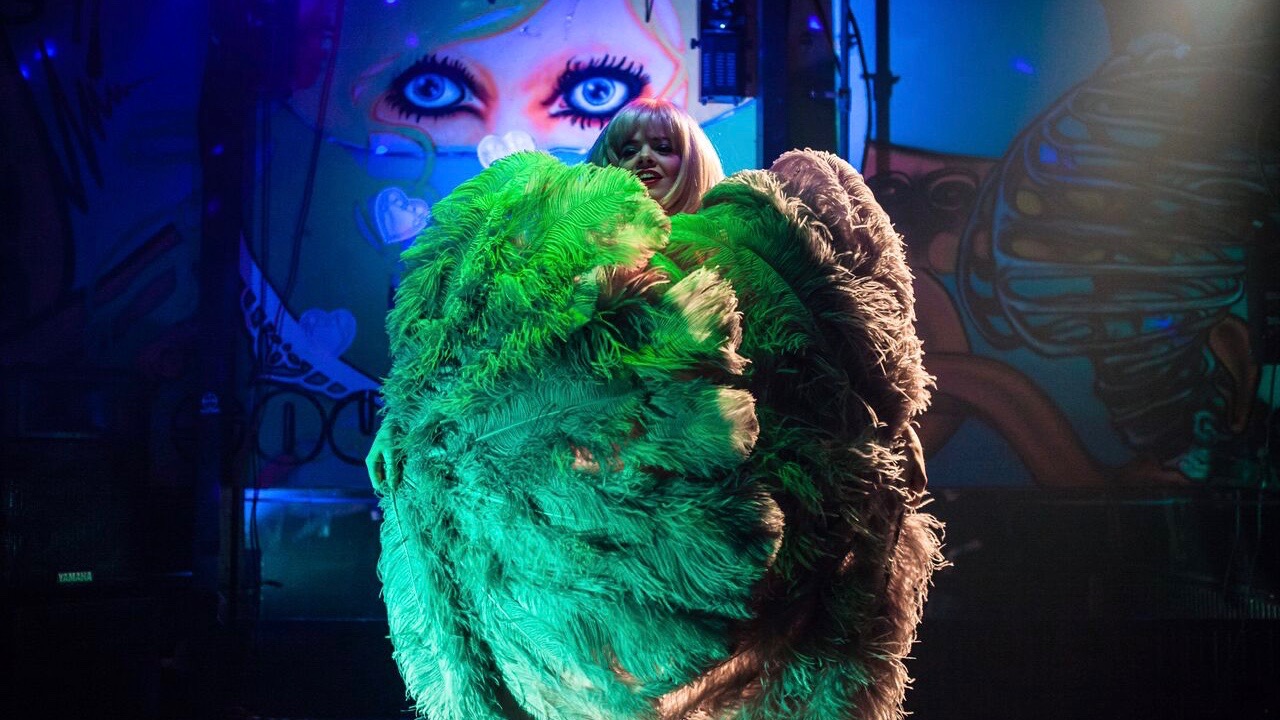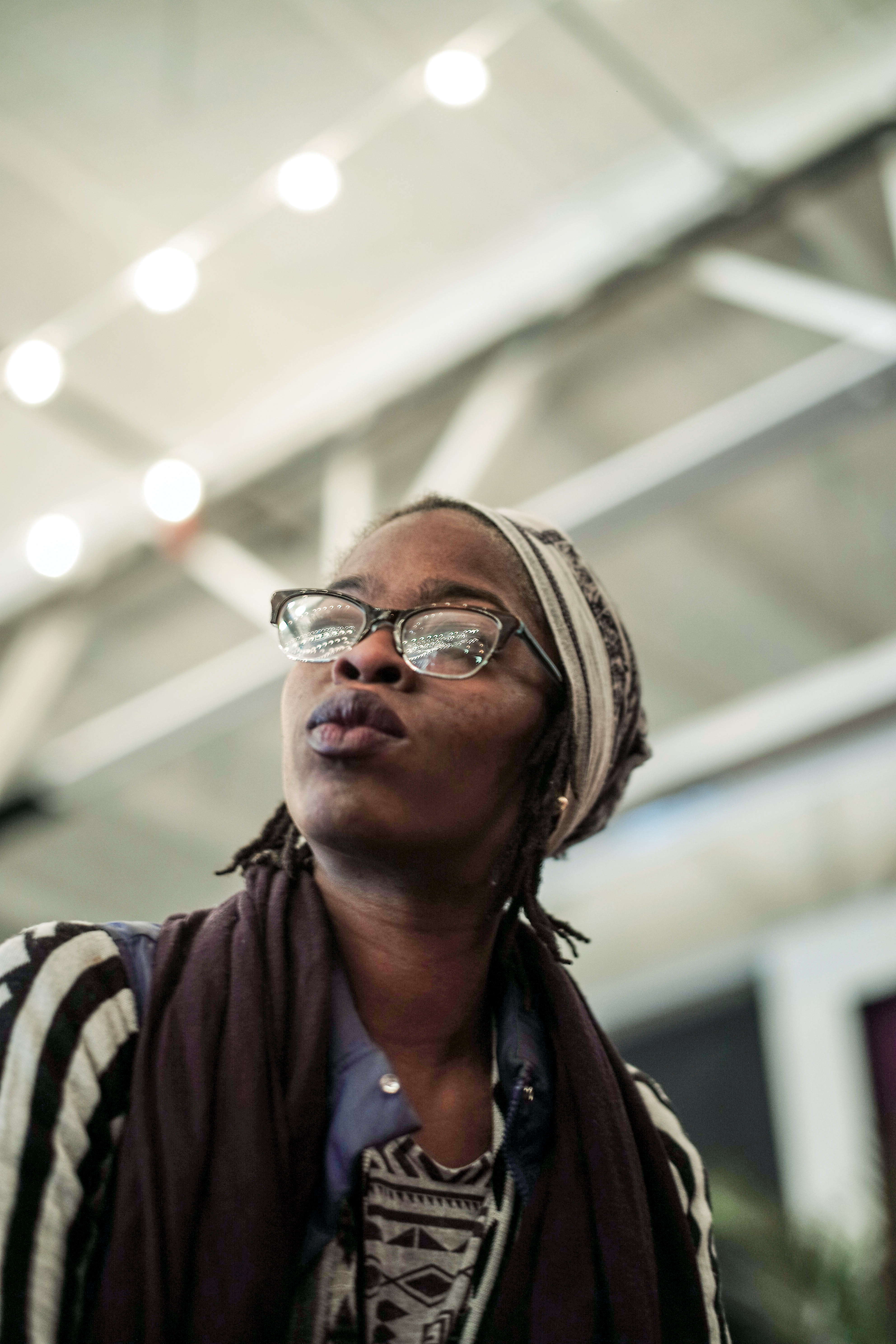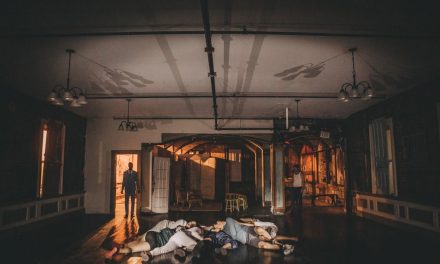All my life, I’ve felt a delicious yet painful longing while watching performers on stage. Especially if they’re around my age, and they’re demonstrating a skill I know I possess, too. I could do that, I’ve thought to myself many times in the past. I can sing.
And yet…I couldn’t. Fear and self-doubt always got in the way. I was unable to sing with full commitment in front of other people. So even open mic night—a performance opportunity that’s literally open to anyone—was out of my reach.
Until about a year ago, when I finally did it. What changed? By then I had a few years of improv training behind me. In the process of learning improv, I also figured out how to solo rehearse and prepare myself to perform.
Looking back, I took some very specific steps to get ready for my first open mic. It went great (as measured by my personal enjoyment and triumph over performance anxiety), which is why I’m happy to share my experience. To all the hidden artists in our region who haven’t yet dared to sing or play in public at an open mic, these tips are for you.
Recruit a practice audience.
I took my first baby steps toward singing for others after my son was born. Singing to an infant I loved and adored, there was no reason or desire to hold back. So I didn’t. I later realized this was excellent practice for actual performing. If you’re too shy to get up in front of other adults, try playing for babies, young kids and/or pets. You’ll feel slightly self-conscious knowing they’re listening (exactly the kind of practice you need), but there’s little chance you’ll get their full attention (which frees you up to let loose).
Get outside your comfort zone.
Like many people, I used to belt songs in the shower and in the car, but nowhere else. Singing on stage is a huge leap from these ultra-safe locations, so I first pushed myself to sing in other places that didn’t feel too risky. I moved into public spaces of my own house, like the living room, where I knew family members could hear even if they weren’t right there with me. I took my act to my front yard in warmer weather and, eventually, to a sparsely populated public park. Each new location gave me a new experience in feeling vulnerable and exposed as a performer, and this practice increased my tolerance for those feelings.
Post a video on social media.
I’m not going to lie to you: for me, this step was not easy. I had to work up real courage to post a video on Facebook featuring myself playing my ukulele and singing along. People I knew were going to see this. Would they really watch? I’d feel awful if I didn’t get any likes or comments. As we do these days, I took a little time to create a video that showcased my best, but also captured that casual vibe by including some minor mistakes (more on that in a moment). I posted and, in the end, got the love I was looking for. The moral of the story: Your online friends are most likely a support system you can count on. If they’re not, well, you know what to do.
Rehearse your mistakes.
When I started preparing for an actual on-stage performance, I ran through my whole set in real time from beginning to end. Many times. (You won’t get more than about 10 minutes at an open mic, so this wasn’t hard to squeeze into my schedule.) I introduced myself to an imaginary audience. I sang my songs. And I powered through mistakes as if there were no other options. If I forgot a chord, I muddled through. If my cats went berserk, I made yelling at them a part of the song. If my preschooler wandered in and grabbed my ukulele, I found a way to cheerfully incorporate him into the “show.” This is where my improv training came in especially handy. Mistakes are a part of every performance. You can’t predict exactly what will go wrong (though it’s unlikely to involve cats), but you can definitely rehearse handling the unexpected with joy and humor.
Take care of you.
As I look back, I realize the steps I took to get to my first open mic could probably fill a book. I did a lot of prep work, because that’s what it took for me to brave the stage. If you’re having trouble getting there yourself, I think the most useful advice I can offer is this: Try to break down your fear and figure out exactly what’s standing in your way. Then, address the specifics. For me, that meant easing into singing in front of other adults, testing the waters through a virtual performance on social media, and getting extremely comfortable with mistakes and imperfection.
That painful longing I used to feel watching others perform has finally dissolved. Now, I really can do it, too. If you know in your heart you’re a hidden talent, I urge you to work on whatever it is that’s holding you back. Then, you’ll be free to share your gifts with the world.
Heather E. Schwartz is a performer at The Mopco Improv Theatre in Schenectady. She has also authored more than 100 children’s books for educational publishers, writing for brands including Disney, Sesame Street, Time for Kids and the Smithsonian.






